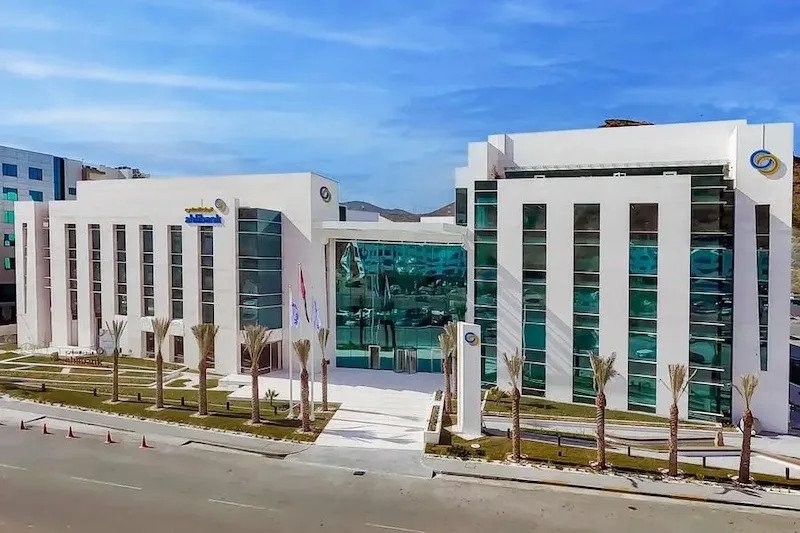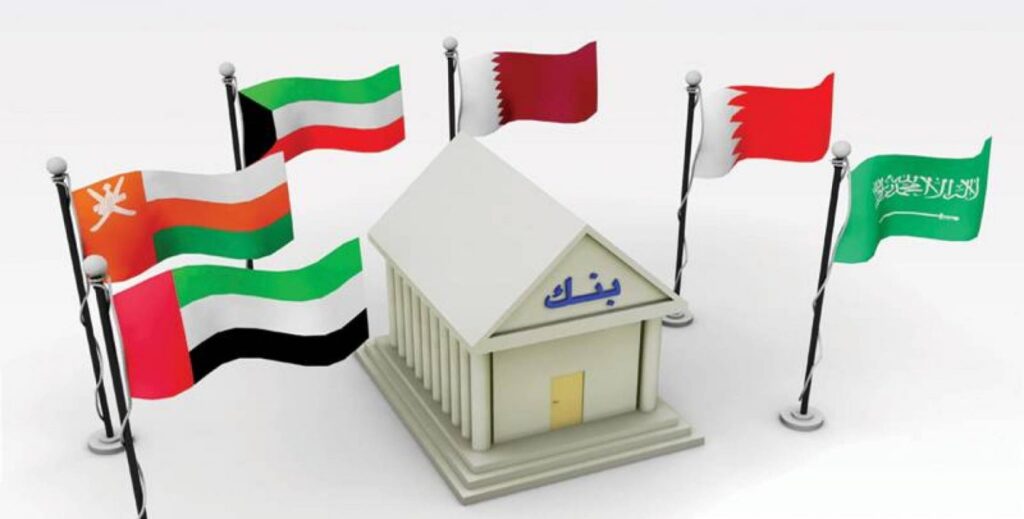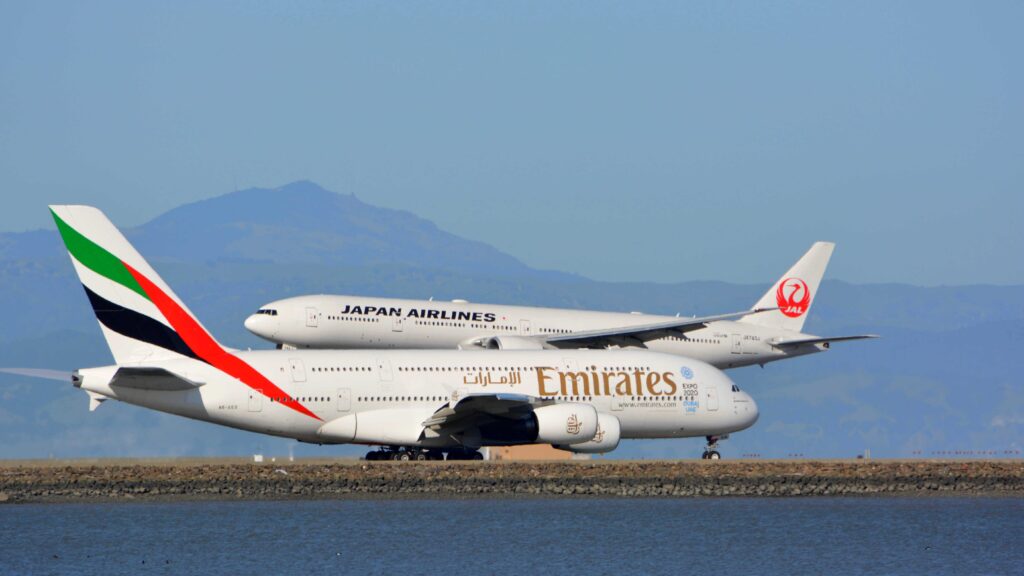
Ahli Bank Rejects Merger Offer from Bank Dhofar in Oman
Two days after receiving a proposal from Sultanate’s second biggest lender Bank Dhofar, Oman’s Ahli Bank has rejected the non-binding offer from the latter for a potential merger.
In a filing to the Muscat Securities Exchange on Thursday, Ahli Bank’s board of directors decided not to accept the merger offer from Bank Dhofar. However, Ahli Bank did not provide any reason for its decision to reject the offer.
“The board of directors has studied the proposal and decided not to accept it,” Ahli Bank said in the filing.
It may be recalled that Ahli Bank, on April 11, said that it had received a merger offer from Bank Dhofar and the merger of the two banks would have created a lender with about $19 billion in assets.
Set up in 2007, Ahli Bank, is partly owned by Bahrain’s Ahli Bank and operates 23 branches in Oman. It offers retail, commercial and investment banking solutions to customers. The bank’s 2022 net profit soared by around 20% to $86 million on the back of lower impairment losses and higher net interest income. It had total assets worth $7.79 billion at the end of last year.
Even Bank Dhofar reported strong results last year with a net profit of $88.53 million, increasing by 36%, on account of higher income from net interest and Islamic financing. The bank has assets worth $11.16 billion as on 31 December 2022.
The latest merger proposal is second for the banks in Oman in 2023 as the Central Bank of Oman has approved the merger of HSBC Bank Oman and Sohar International Bank, which is expected to close in the second half of 2023.
Mergers to Continue
KPMG, a multinational professional services network, and one of the Big Four accounting organisations in the world, said that the GCC banks will continue to pursue consolidation this year as they seek to remain competitive and relevant in the marketplace.
in its eighth edition of the GCC listed banks’ results, KPMG said that several GCC countries experienced mergers, both in the conventional and Islamic banking sector thus creating larger, stronger, and more resilient financial institutions in 2022.
“We expect that this consolidation drive will continue in 2023 across the region,” KPMG said.
Highlighting that the Gulf banks tend to adopt ‘cautious and selective’ lending; the report said going forward, they would focus on government, high end customers, and collateralised lending to continue a sustained growth in the lending portfolio.
“Banks will look to closely manage their non-performing portfolios through sales, write offs, and proactive credit risk management. This will enable banks to manage their provision coverage levels, while providing a stable return on capital,” the report said.
Cautioning that with the rising global interest rate environment, pressure will be created on funding costs and in turn on NIMs (net interest margins), the report said said that it did not expect the full impact of the rate hikes to be passed on to customers, although repricing will help somewhat mitigate the impact.
KPMG also said with the COVID-19 pandemic behind, it expects that the GCC banking sector would continue to build on its strong foundation supported by a robust economic environment.
KPMG expects the Gulf banks’ cost and operational efficiencies to remain high on the management agenda as banks are likely to look at more innovative ways in which costs can be managed through collaboration with fintech players and the adoption of emerging technologies such as artificial intelligence.
“We expect banks to continue to aggressively pursue technological transformation and further explore the use of digital platforms to make banking more accessible to customers, while implementing robotics, artificial intelligence and other innovative ways to efficiently manage customers’ banking needs,” the report said.
The implementation of Basel IV regulations, increased focus on Anti Money Laundering (AML), Financial Crime, and Know Your Customer (eKYC), Cybersecurity, Open Banking, Tax, and Digital Currencies, amongst other areas, would be the focus in the year ahead, the report said.










